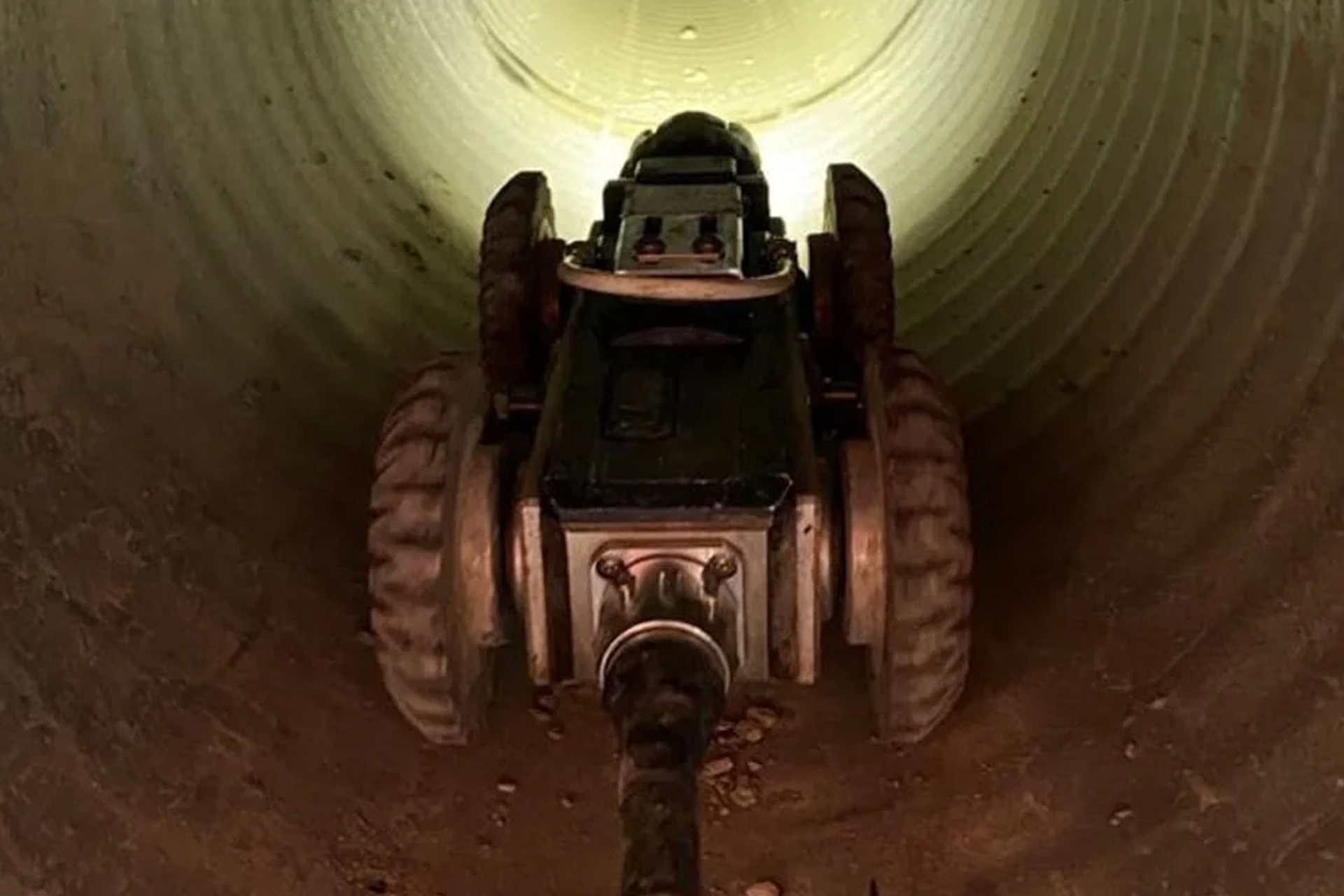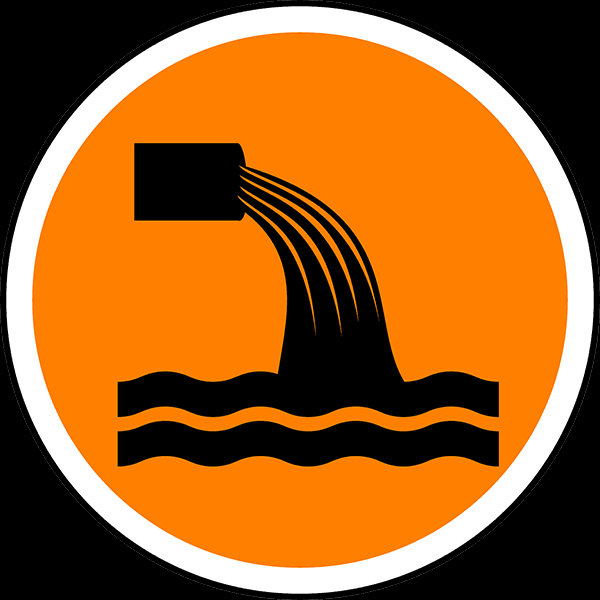Top Guidelines Of Reclaim Waste
Top Guidelines Of Reclaim Waste
Blog Article
Reclaim Waste for Beginners
Table of ContentsGet This Report about Reclaim WasteThe Best Guide To Reclaim WasteRumored Buzz on Reclaim WasteNot known Factual Statements About Reclaim Waste Reclaim Waste - The Facts
Explore the types, incidents, and kinds of liquid waste. Domestic sewage waste describes the waste and items from a household septic tank. This type of waste is developed by people in houses, colleges, and other structures. This only includes sewage-disposal tanks that have a drainpipe area. The appropriate administration and disposal of domestic sewer waste call for fluid waste to be transferred to a sewer therapy plant where the proper methods and devices are put on cleanse and deal with waste.
Business waste often consists of possible risks, such as flammable products or a mixture of fluid and strong waste items, and calls for a more innovative and thorough disposal procedure. The disposal of industrial waste typically involves the filtering of waste before transport to make certain safe and proper disposal. Hazardous waste is created from by-products and overflow of industrial processes and manufacturing.
This sort of waste can not utilize the same sewer monitoring transportation or procedures as septic or commercial fluids. The industrial waste management process needs the assessment and screening of liquid waste prior to it undertakes the disposal process (liquid waste disposal melbourne). Overflow waste is the fluid waste that comes from runoff and excess stormwater in very populated locations or cities
Overflow waste can create contamination and flooding if not dealt with appropriately. Making sure proper waste management can stop catastrophes and lower environmental harm.
Reclaim Waste Fundamentals Explained
Get in touch with PROS Solutions today to learn more about our waste administration and disposal solutions and the proper ways to care for the fluid waste you create.
(https://ameblo.jp/reclaimwaste1/entry-12874802223.html)Do you know what takes place to your water when you end, purge the toilet or drain pipes the cleaning machine? No? Well, it's worth recognizing. This so-called 'wastewater' is not just a vital source but, after treatment, will certainly be launched to our land, waterways or the sea. Used water from commodes, showers, baths, cooking area sinks, washings and commercial processes is known as wastewater.

water used to cool down equipment or tidy plant and equipment). Stormwater, a type of wastewater, is overflow that streams from farming and metropolitan areas such as roofs, parks, gardens, roadways, courses and gutters right into stormwater drains pipes, after rain. Stormwater streams unattended directly to local creeks or rivers, eventually getting to the sea.
The Main Principles Of Reclaim Waste
In Queensland, many wastewater is dealt with at sewer treatment plants. Wastewater is transported from residential or industrial sites through a system of sewers and pump stations, referred to as sewage reticulation, to a sewage treatment plant. City governments build, maintain and run most sewer treatment plants. Operators are certified under the Environmental Management Act 1994 to release treated wastewater at an acceptable environmental standard into waterways.
The Division of Natural Resources encourages neighborhood governments about handling, operating and keeping sewerage systems and therapy plants. In linked here unsewered locations, city governments might call for homeowners to set up private or household sewer treatment systems to treat residential wastewater from toilets, cooking areas, washrooms and washings. The Division of Natural Resources authorises the use of family systems when they are shown to be effective.
A lot of stormwater receives no therapy. In some brand-new class, treatment of some stormwater to get rid of trash, sand and crushed rock has actually begun making use of gross pollutant traps. Wastewater treatment takes place in four stages: Eliminates strong matter. Bigger solids, such as plastics and other objects mistakenly discharged to drains, are removed when wastewater is passed via screens.
Utilizes small living microorganisms knows as micro-organisms to damage down and eliminate continuing to be dissolved wastes and great fragments. Micro-organisms and wastes are incorporated in the sludge.
Reclaim Waste - Questions
Nutrient elimination is not readily available at all sewage treatment plants due to the fact that it needs expensive specialist devices. Clear fluid effluent produced after treatment may still include disease-causing micro-organisms - industrial wastewater treatment.

Most wastewater moves into the sewerage system. Under the Act, neighborhood federal governments provide authorizations and permits for environmentally pertinent tasks (Ages) involving wastewater releases that could have a regional impact.
All about Reclaim Waste
Monitoring offers accurate information about water high quality and can confirm that licence conditions are being satisfied. The information gotten via surveillance provides the basis for making water quality choices.
Report this page